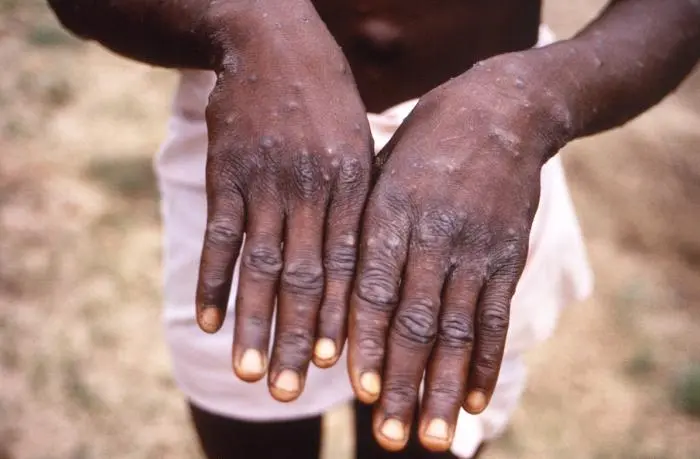The Nigeria Centre for Disease Control (NCDC) has confirmed circulation of the disease with 558 cases and eight deaths in 32 states of the federation.
According to expert, Monkeypox is a rare viral infection, which kills one in every 10 patients, but does not spread swiftly. An epidemiological summary on the ailment published by the NCDC, pointed out that since September 2017, Nigeria has continued to report sporadic cases of the disease, with a National Technical Working Group (TWG) monitoring infections and strengthening preparedness/response capacity.
The centre said 46 suspected infections were reported between January 1 and April 30 this year in addition to 15 confirmed cases from seven states –Adamawa (three), Lagos (three), Cross River (two), Abuja (two), Kano (two), Delta (two) and Imo (one) – but no death had been recorded.
The NCDC said 10 new suspected cases in April were reported from seven states – Bayelsa (three), Lagos (two), Kano (one), FCT (one), Delta (one), Edo (one) and Ogun (one).
The five new positive cases in the month were confirmed from four states – Lagos (two), FCT (one), Kano (one) and Delta (one).
From September 2017 to April 30, 2022, a total of 558 suspected cases were reported from 32 states.
It noted that of the reported cases, 241 (43.2 per cent) have been confirmed in 22 states – Rivers (52), Bayelsa (43), Lagos (33), Delta (31), Cross River (16), Edo (10), Imo (nine), Akwa Ibom (seven), Oyo (six), FCT (eight), Enugu (four), Abia (three), Plateau (three), Adamawa (three), Nasarawa (two), Benue (two), Anambra (two), Ekiti (two), Kano (two), Ebonyi (one), Niger (one) and Ogun (one).
The NCDC said eight deaths have been recorded with Case Fatality Ratio (CFR) of 3.3 per cent in six states – namely Edo (two), Lagos (two), Imo (one), Cross River (one), FCT (one) and Rivers (one) – from September 2017 to April 30, 2022.
Meanwhile, the United Kingdom Health Security Agency (UKHSA) reported last Sunday that a person in England had been diagnosed with Monkeypox.
The UKHSA said the patient had recently travelled from Nigeria. It said the person is receiving care at the Infectious Disease Unit of Guy’s and St. Thomas’ NHS Foundation Trust in London.
According to experts, monkeypox is usually a mild self-limiting illness and most people recover within a few weeks, but severe illness could occur in some individuals.
Director of Clinical and Emerging Infections, UKHSA, Dr. Colin Brown, said: “It is important to emphasise that monkeypox does not spread easily between people, and the overall risk to the general public is very low.”
Director, NHSE High Consequence Infection Diseases (Airborne) Network and Consultant in Infectious Diseases at Guy’s and St. Thomas’, Dr. Nicholas Price, stated: “The patient is being treated in our specialist isolation unit by expert clinical staff with strict infection prevention procedures.”
This is even as the Federal Government said it is formulating policies to strengthen national health system for affordable services in partnership with relevant stakeholders. Always maintain high hygiene and other preventive measures to avoid contacting any infectious disease.


